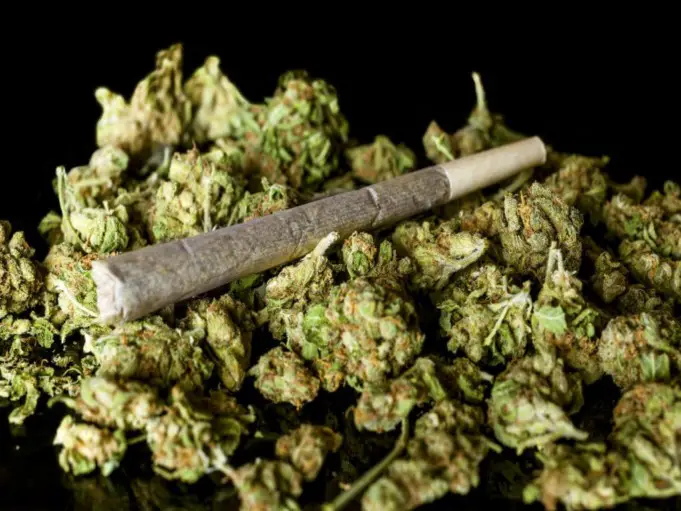Weed smoking has always been something everyone has been curious about. So many questions about it but only a few answers are given. But don’t worry! We have all the answers you might be looking for regarding weed consumption, effects and detection.
Are you new to smoking or just curious about it? Do you want to know how long does weed stay in your system? Want to be safe from random drug testing? We have all the information you need.
The amount of time weed stays in one’s system varies from person to person, and also upon how often and how much pot you actually consume.
THC (Tetrahydrocannabinol) is the active component of marijuana that is responsible for the psychoactive (mind-altering) effects, or simply put, it is what makes us feel “high”.
This component (and its related compounds) are the ones which are detected in our body. When we smoke, the THC enters our system almost instantly but if eaten as an edible it takes usually longer — around 20-30 minutes or so.
Either way, the effect of ‘the high’ lasts the same and the THC can stay in our system for days at a time as our body starts to break THC down.
Once THC is broken down, it is rapidly modified into molecules known as metabolites. In our blood these metabolites are detectable only for a few hours, but as the liver starts to break down the THC it can form as many as 80 different metabolites, one of the most common being THC-COOH. This is the component which actually gets screened in a drug test.
The answer to how long marijuana stays in our system only becomes more complex from here, as it varies from person to person and depends on an array of things, including the different types of cannabis that were ingested (THC potency, edible vs. oil, smoke vs. vape, etc).
In scientific terms THC is fat-soluble, which means it stores itself in fat deposits throughout the body. Due to this fact, THC and its compounds “lodge themselves” more readily in people with higher body fat as opposed to those with lower body fat.
THC is the slowest to be eliminated when stored in fat tissues, and it can take anywhere from days to even months to be totally wiped from the body, depending on whether it’s an occasional or frequent user.
Presence in Urine
 Drug testing is a very common practice among most companies. Other than blood and saliva tests, though, another effective method is urine testing. This is a very economical method and also has the longest detection time.
Drug testing is a very common practice among most companies. Other than blood and saliva tests, though, another effective method is urine testing. This is a very economical method and also has the longest detection time.
However, most test screens will search for the presence of metabolites rather than THC itself. The time period of THC’s presence in the urine is as follows:
- For rare usage that is once in 30 days, it is up to 8 days.
- For occasional use that is once or twice a week, it is up to 15 days.
- For frequent use that is almost every second day, it is almost 30 days.
- For regular usage that is almost everyday, the detection period is up to 45-70 days.
Presence in saliva
For those of us wondering how long marijuana stays in the saliva, one first needs to determine the length of presence of THC.
In the saliva, THC is traceable for the least amount of time. It will be detectable in our saliva for only about an hour after smoking or taking an oil or edible, and can remain for a day or so. For regular users, though, it can be more.
Presence in blood
Just like for other tests, presence in blood is determined by looking for THC and its compounds. Blood testing for detection of weed is the least common way of screening, as THC and its compounds don’t stay in blood for long. Rather, they prefer the fatty parts of the body more. They show for a week for the most frequent users.
Lastly, we would like to add that this article is just a general guideline and we don’t claim it to be 100% accurate as the presence and lingering of weed in one’s system changes from person to person, and from strain to strain (and many more factors). This is just general information, and not an assurance.
It’s on you as an individual to gauge if you should smoke weed, and if yes – how much? You need to make a wise choice knowing about smoking weed and understanding its effects and possible detection via drug screening.












